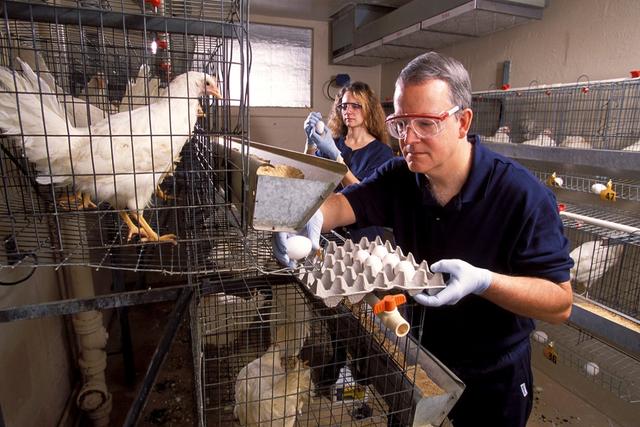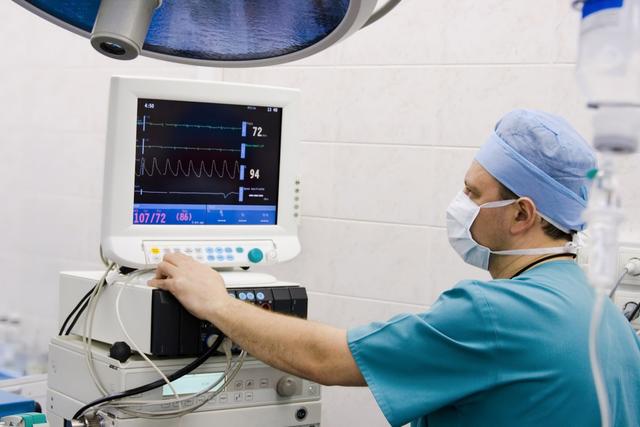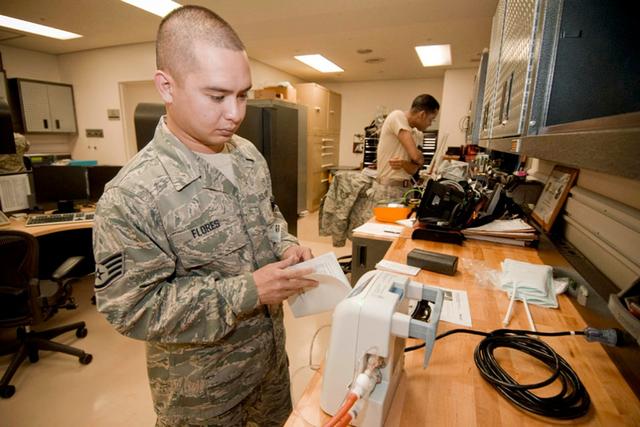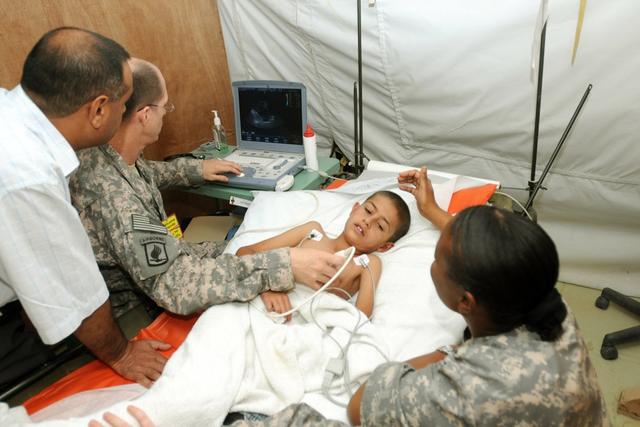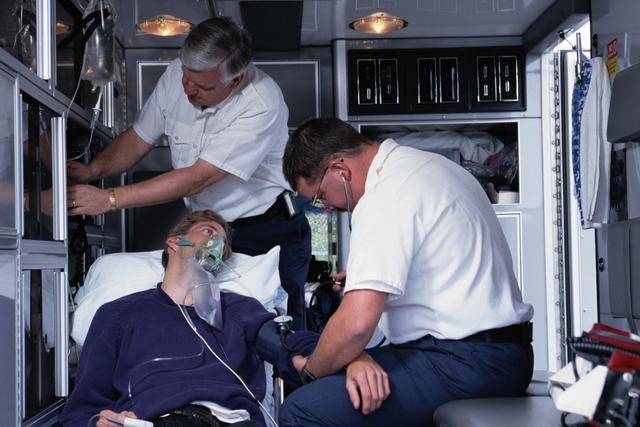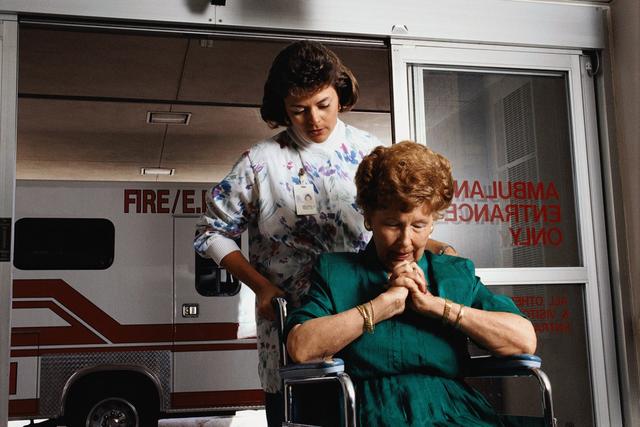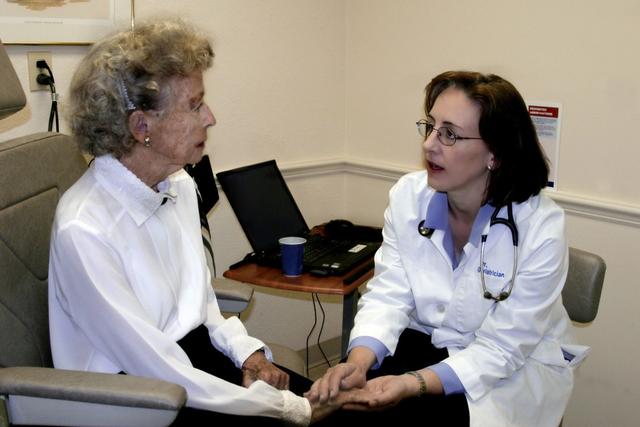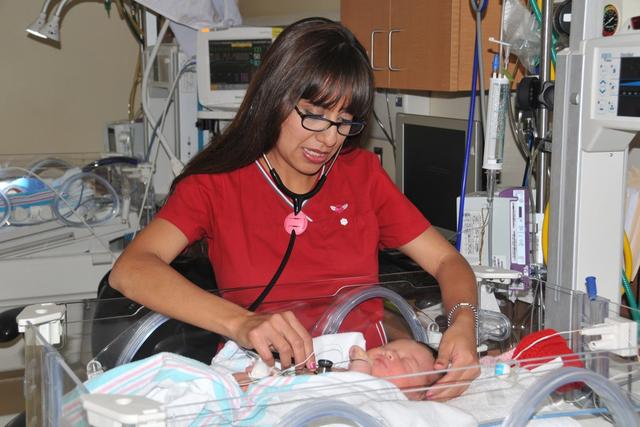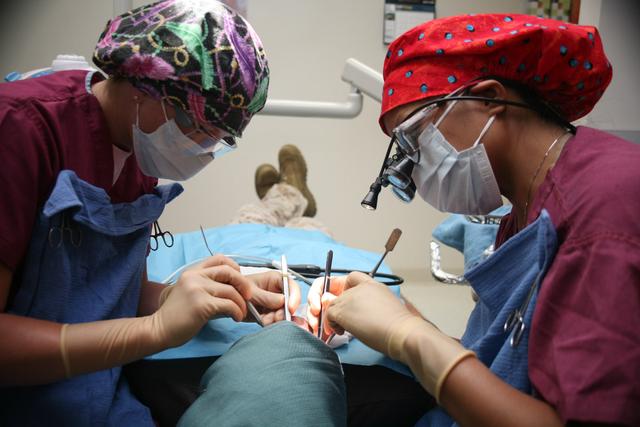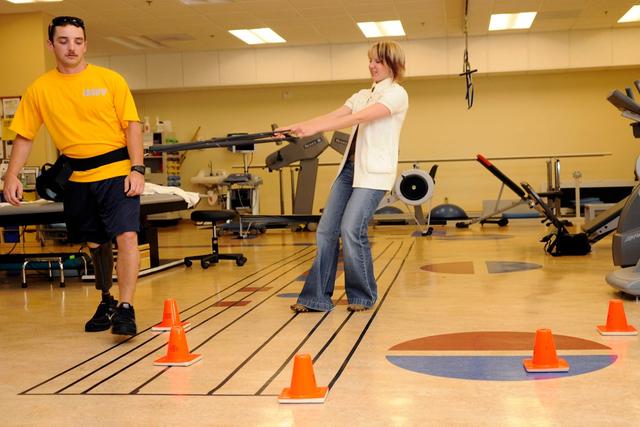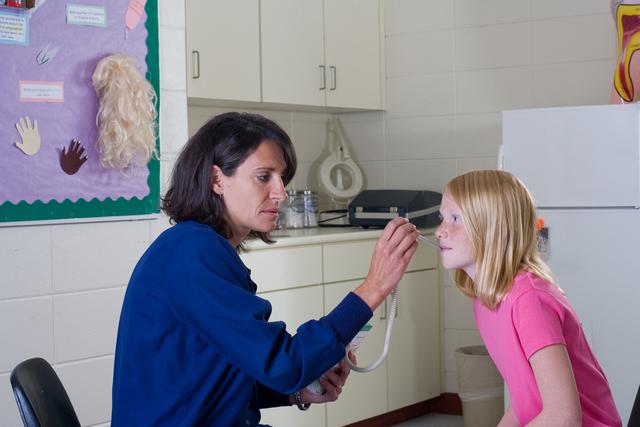Nurse Anesthetists
Overview
Introduction
Nurse anesthetists, also known as certified registered nurse anesthetists (CRNAs), are one of four classifications of advanced practice nurses (APNs). They are registered nurses (RNs) with advanced training in anesthesiology. They are responsible for administering, supervising, and monitoring anesthesia-related care for patients undergoing surgical procedures. General anesthesia is not necessary for all surgical procedures; therefore, nurse anesthetists also work on cases in which they provide various type...
Quick Facts
Median Salary
Employment Prospects
Minimum Education Level
Experience
Skills
Personality Traits
Earnings
Nurse anesthetists are among the highest paid nursing specialists. Earnings vary based on type and size of employer, years of experience, and location, among other factors. According to the Department of Labor, nurse anesthetists earned a median salary of $174,790 in May 2019. The lowest paid 10 percent earned less than $82,460 and the top paid 10 percent earned in excess of $184,180 annually.<...
Work Environment
Nurse anesthetists usually work in sterile, well-lighted operating facilities. They spend considerable time on their feet and may be required to stand for many hours at a time. Emergencies can produce a stressful and fast-paced environment. Many nurse anesthetists must be on call, usually on a rotation basis, to respond to emergency surgical situations.
Outlook
The American Association of Nurse Anesthetists predicts a bright future for CRNAs. In addition, the U.S. Department of Labor projects employment for nurse anesthetists, nurse midwives, and nurse practitioners to grow by 26 percent, much faster than the average, through 2028. Strong demand for CRNAs will result from several factors. For example, there is currently a shortage of CRNAs in the mark...

